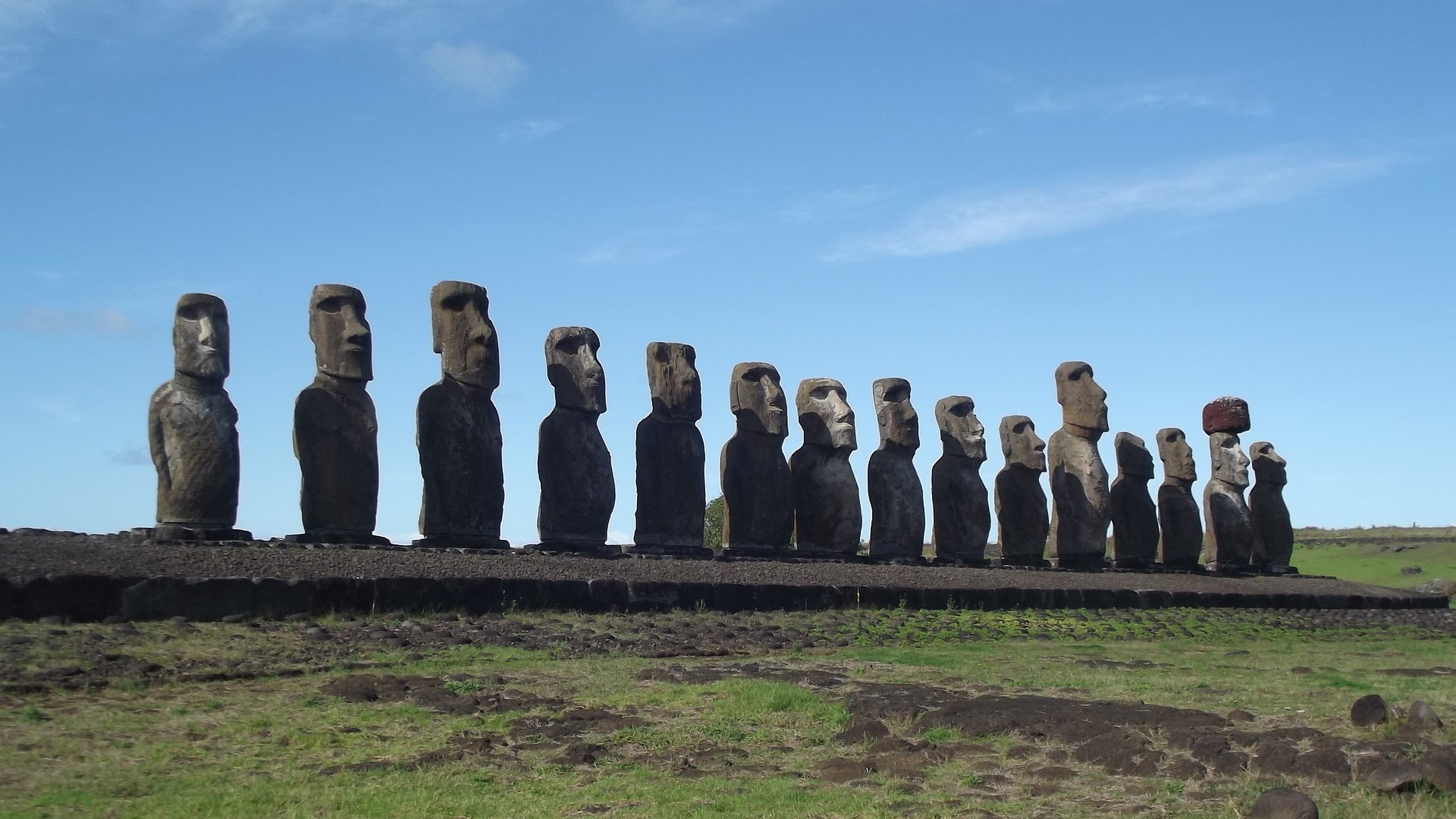
Official name: REPUBLIC OF CHILE
Date of membership: 18 October 1977
Short name: Chile
Capital: Santiago, Chile
Geography
Location: Southern South America, bordering the South Pacific Ocean, between Argentina and Peru.
Area: 756,950 sq km
Land boundaries: 6,171 km
Border countries: Argentina 5,150 km, Bolivia 861 km, Peru 160 km
Coastline: 6,435 km
Natural resources: Copper, timber, iron ore, nitrates, precious metals, molybdenum, hydropower.
Environment – international agreements: Party to: Antarctic-Environmental Protocol, Antarctic-Marine Living Resources, Antarctic Seals, Antarctic Treaty, Biodiversity, Climate Change, Climate Change-Kyoto Protocol, Desertification, Endangered Species, Environmental Modification, Hazardous Wastes, Law of the Sea, Marine Dumping, Ozone Layer Protection, Ship Pollution.
Economic Indicators
| Total at current prices | 252 940 | MIllions USD | 2020 |
| Per capita at current prices | 13 230 | USD | 2020 |
| Growth rate per cápita at constant prices | -5.8 | % | 2020 |
| Imports of goods and services (% of GDP at current prices) | 26.3 | % | 2020 |
| Exports of goods and services (% of GDP at current prices) | 31.15 | % | 2020 |
Source: Chile: National Economic Profile. CEPALSTAT. Databases and Statistical Publications. ECLAC. Inquiry: February 14, 2022
Socio-demographic indicators
| Total population | 19116.2 | (000) | 2020 |
| Life expectancy | 81 | Años | 2020-2025 |
| Women | 83 | Años | 2020-2025 |
| Men | 79 | Años | 2020-2025 |
| Public health expenditure as a percentage of GDP | 9.1 | % | 2018 |
| Literacy rate for persons between the ages of 15 to 24 | 99.0 | % | 2017 |
| Net rate of enrolment in primary education | 99.5 | % | 2019 |
| Net rate of enrolment in secondary education | 95.3 | % | 2019 |
| Public expenditure on education as a percentage of GDP | 5.4 | % | 2018 |
| Gini Coefficient | 0.47 | % | 2020 |
| Unemployment | 10.8 | % | 2020 |
| Migration | -3.8 | % | 2020-2025 |
Source: Chile: National Socio-Demographic Profile. CEPALSTAT. Data Bases and Statistical Publications. ECLAC. Inquiry: February 14, 2022
Language: Spanish (official)
Government
Administrative divisions: 13 regions (regiones, singular – region); Aisen del General Carlos Ibanez del Campo, Antofagasta, Araucania, Atacama, Bio-Bio, Coquimbo, Libertador General Bernardo O’Higgins, Los Lagos, Magallanes y de la Antartica Chilena, Maule, Region Metropolitana (Santiago), Tarapaca, Valparaiso.
Independence: 18 September 1810 (from Spain)
Constitution: 11 September 1980, effective 11 March 1981; amended 30 July 1989, 1993, and 1997.
Suffrage: 18 years of age; universal and compulsory
Executive branch: Chief of state: President Gabril Boric (since 11 March 2022).
Note: The president is both the chief of state and head of government
Legislative branch: Bicameral National Congress or Congreso Nacional consists of the Senate or Senado (48 seats, 38 elected by popular vote, 9 designated members, and 1 former president who has served a full six-year term and is senator for life); elected members serve eight-year terms (one-half elected every four years) and the Chamber of Deputies or Camara de Diputados (120 seats; members are elected by popular vote to serve four-year terms).
Judicial branch: Supreme Court or Corte Suprema (judges are appointed by the president and ratified by the Senate from lists of candidates provided by the court itself; the president of the Supreme Court is elected by the 21-member court); Constitutional Tribunal.
Internet code: .cl
Official Web Portal: http://www.gob.cl/
